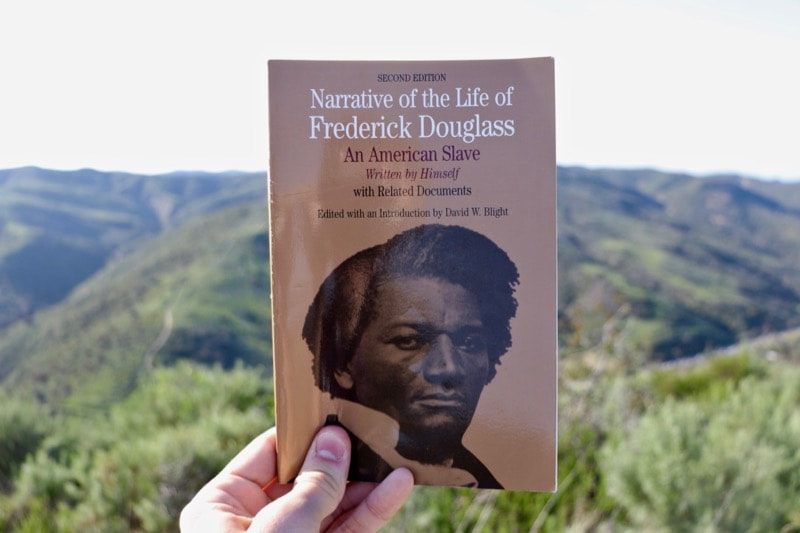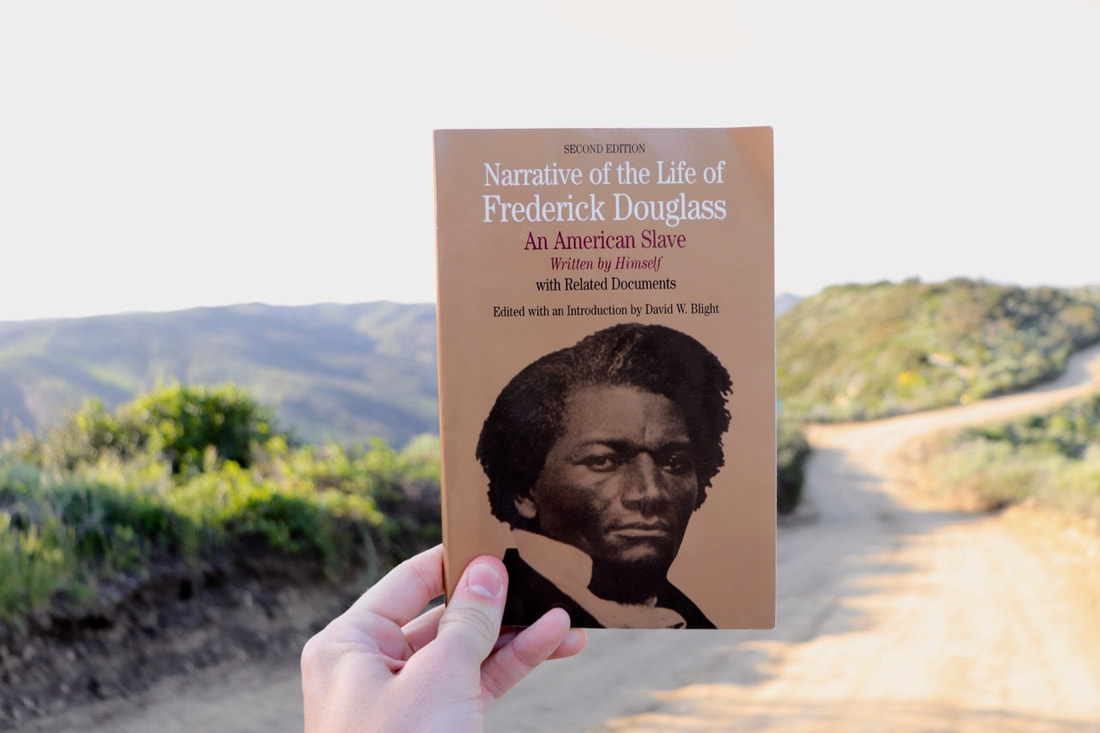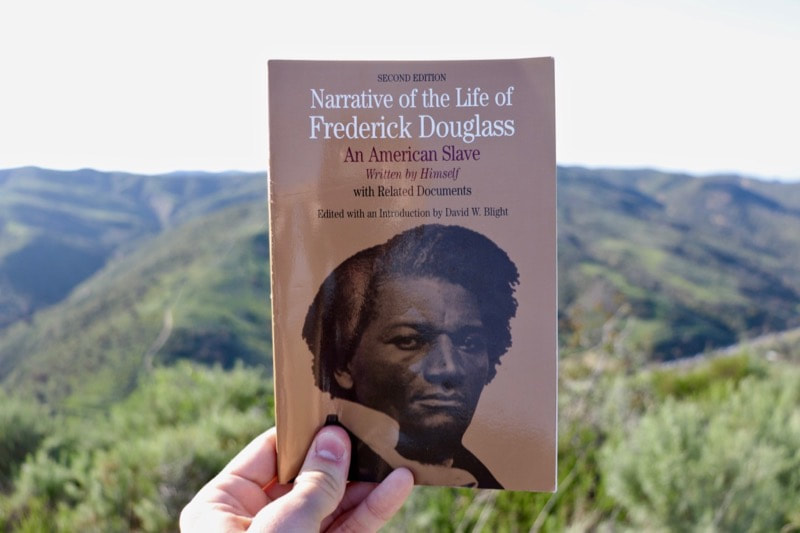| "...I am glad, fellow-citizen, that your nation is so young...you are, even now only in the beginning of your national career, still lingering in the period of childhood....May [the reformer] not hope that high lessons of wisdom, of justice and of truth, will yet give direction to her destiny?" |
— Frederick Douglass, What to the Slave is the Fourth of July? (1852)
Earlier this year, I read Frederick Douglass' autobiography in which he recounts his adolescence as a born slave in Maryland and his eventual escape. In part, he owed his liberation to the secret project of learning to read and write. This essay, What to the Slave is the Fourth of July? was an additional reading in the back, but a powerful speech that Douglass gave on July 5, 1852 in Rochester, New York at the Ladies Antislavery Society. It's heralded now as a "rhetorical masterpiece of American abolitionism," and is thought to be a key work in building momentum to unite the northern states in the face of the Compromise of 1850. The Compromise made slavery illegal in Washington, D.C. and welcomed California into the Union as a free state, but it also expanded the infamous Fugitive Slave Act, increasing penalties for runaway slaves and any citizen, including northerners, who helped them. When Douglass gave this speech, Harriet Beecher Stowe's anti-slavery novel Uncle Tom's Cabin, published just months earlier was a bestseller and conversations about whether to expand slavery into the west were "tearing apart American political parties."
Douglass probably made the 600+ New York audience squirm. In it, he indicts much of the north for economically and morally supporting the slave trade—even those who call themselves abolitionists and Christians, those who benefit from southern-made products and services and those who enjoy their own religious liberty. He closes by exonerating the U.S. Constitution, which he believes does not support slavery and calls for Americans to uphold their own rule of law. 175 years later, I found Douglass' fiery passion and his cited historical specifics helpful for me to appreciate how unjust this country used to treat some of its own and how far its come since then. [JG]
Douglass probably made the 600+ New York audience squirm. In it, he indicts much of the north for economically and morally supporting the slave trade—even those who call themselves abolitionists and Christians, those who benefit from southern-made products and services and those who enjoy their own religious liberty. He closes by exonerating the U.S. Constitution, which he believes does not support slavery and calls for Americans to uphold their own rule of law. 175 years later, I found Douglass' fiery passion and his cited historical specifics helpful for me to appreciate how unjust this country used to treat some of its own and how far its come since then. [JG]
"'What, to the American slave, is your 4th of July?' I answer: a day that reveal to him, more than all other days in the year, the gross injustice and cruelty to which he is the constant victim. To him, your celebration is a shame; your boasted liberty; an unholy license; your natural greatness, swelling vanity; your sounds of rejoicing are empty and heartless."
YOU MAY ALSO LIKE
























